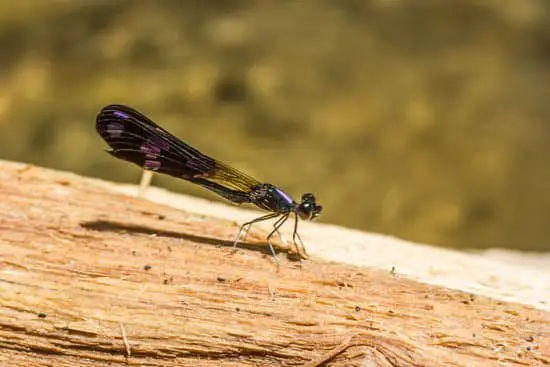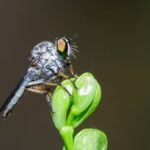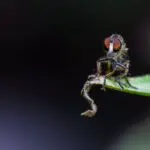Why Do Flies Sleep at Night?
Flies sleep at night, but their behavior isn’t like that of mammals. Mammalian sleep involves the assumption of a specific posture, whereas flies don’t seem to have this habit. As a result, it is difficult to distinguish sleep from quiet waking. However, it is known that flies exhibit different postures than mammals when they are in REM sleep, which is when their body is in deep sleep. This change in posture is a result of a reduction in muscular tone.
Flies have a light sleep and a deep sleep, and they alternate between the two. Light sleep lasts a shorter time than deep sleep, but it allows them to remain awake in case of predators. Flies need to rest as much as they can during the day to survive, and lacking sleep can have serious consequences for their health. For example, sleep deprivation can impair memory, reduce brain activity, and interfere with a fly’s ability to fly.
Flies have a similar circadian rhythm to humans. They alternate between periods of light sleep and deep sleep, just as humans do. As a result, they need rest to do their jobs. As a result, they tend to sleep most of the night, although they do take short naps during the day.








